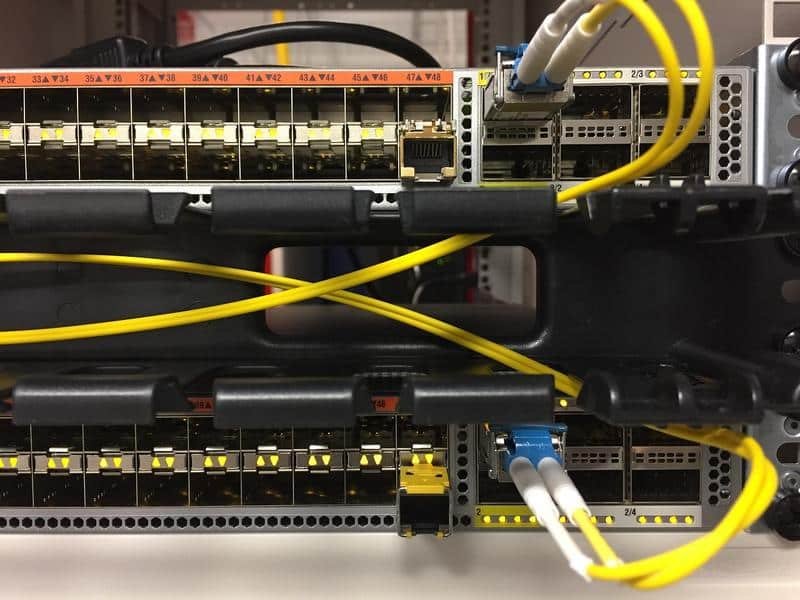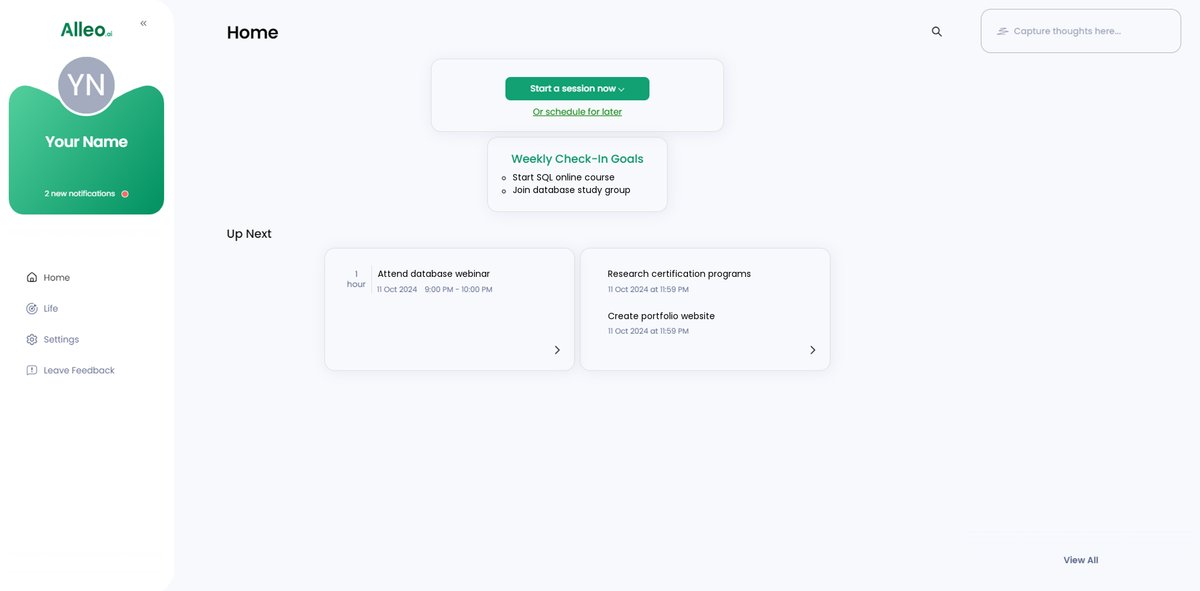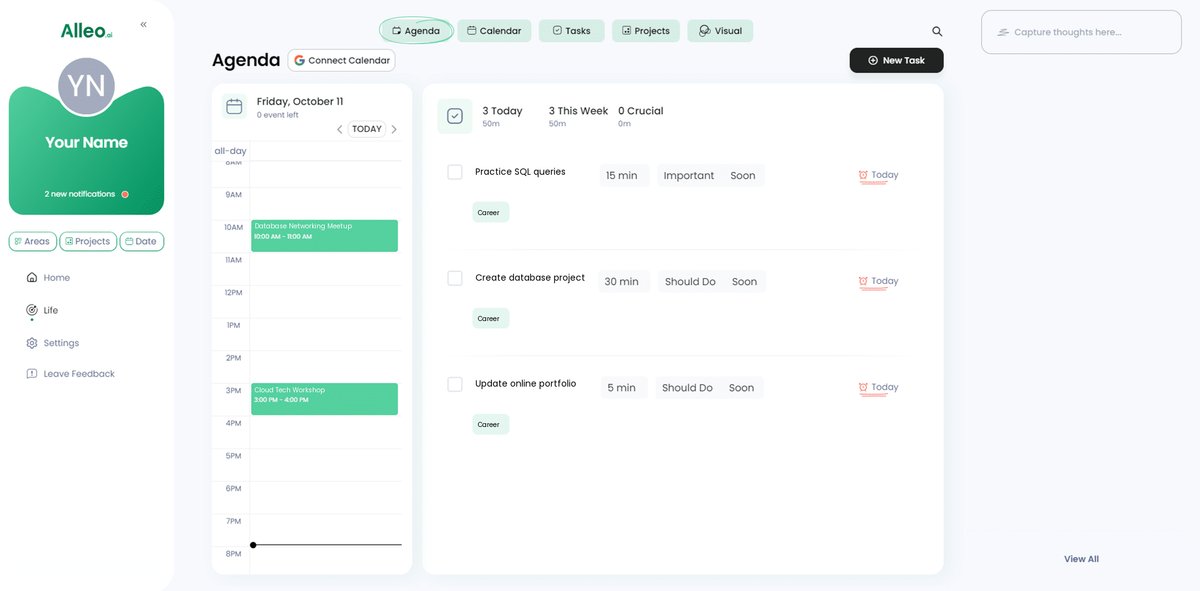How to Transition from Data Analyst to Database Manager: 6 Steps for Career Growth
Are you feeling stuck on the corporate ladder, unable to transition from a data analyst to a database manager? Making the leap from data analyst to database manager requires developing new skills and expertise.
As a life coach, I’ve helped many professionals navigate these challenges. In my experience helping clients stand out in competitive industries, I often encounter similar struggles with acquiring database management skills and SQL expertise.
In this blog, you’ll discover proven strategies to overcome obstacles, develop new skills like data architecture and performance tuning, and leverage resources to make this career transition from data analyst to database manager. Let’s dive in.

Understanding the Challenges in Transitioning from Data Analyst to Database Manager
Moving from a data analyst role to a database manager position can be daunting. Many clients initially struggle with the lack of proper training and practical experience needed for database management skills, including SQL expertise and data architecture.
Moreover, the unfamiliarity with database technologies adds another layer of difficulty. Without hands-on experience in performance tuning and data migration strategies, the transition from data analyst to database manager can feel overwhelming.
In my experience, data analysts often face obstacles like acquiring new skills and understanding complex database systems, including database security and ETL processes. This transition is challenging but not impossible.
However, the need for practical experience can’t be overstated. Practical tasks and projects provide invaluable insights and skills, especially in big data technologies and cloud database platforms.
Ultimately, addressing these challenges requires a structured approach and persistence, along with a focus on data governance best practices.

Strategic Roadmap for Transitioning from Data Analyst to Database Manager
Overcoming this challenge requires a few key steps. Here are the main areas to focus on to make progress in your journey from data analyst to database manager:
- Develop SQL and Database Management Skills: Enroll in online courses and practice SQL queries to enhance your database management skills and SQL expertise.
- Gain Practical Experience with Database Projects: Volunteer for projects and create personal database systems to improve your data architecture and performance tuning abilities.
- Pursue Relevant Database Certifications: Obtain certifications like Oracle Database SQL Certified Associate to validate your expertise in database management.
- Learn Cloud-Based Database Technologies: Take courses on AWS, Azure, or Google Cloud to familiarize yourself with cloud database platforms and big data technologies.
- Build a Portfolio of Database Management Work: Document and showcase your projects on a professional portfolio, highlighting your experience with data migration strategies and ETL processes.
- Network with Database Professionals and Managers: Attend industry events and seek mentorship to learn about database security and data governance best practices.
Let’s dive in!
1: Develop SQL and database management skills
Developing SQL and database management skills is a crucial first step in transitioning from a data analyst to a database manager. As you progress from data analyst to database manager, mastering these skills will be essential.
Actionable Steps:
- Enroll in online courses: Sign up for SQL and database management courses on platforms like Coursera and Codecademy to enhance your database management skills.
- Practice SQL queries: Use platforms like Khan Academy to practice SQL queries and database management tasks, improving your SQL expertise.
- Join a study group: Participate in forums or study groups to discuss and solve SQL problems with peers, exploring topics like data architecture and performance tuning.
Explanation: These steps are essential because they provide both theoretical knowledge and hands-on practice. A strong foundation in SQL and database management will better equip you for database manager roles, including understanding data migration strategies and database security.
According to Coursera, SQL is one of the most important skills for data analysts and database managers.
Key benefits of developing SQL skills for the data analyst to database manager transition:
- Enhances data manipulation capabilities
- Improves database design understanding
- Increases efficiency in data retrieval and analysis
Taking these steps will set you up for success in your career transition from data analyst to database manager.
Ready for the next phase? Let’s gain practical experience with database projects, exploring ETL processes and big data technologies.

2: Gain practical experience with database projects
Gaining practical experience with database projects is crucial for transitioning from a data analyst to a database manager. This hands-on experience helps develop essential database management skills and SQL expertise.
Actionable Steps:
- Volunteer for database-related tasks: Offer to help with database management tasks in your current role to gain hands-on experience with data architecture and performance tuning.
- Participate in open-source projects: Join open-source projects or internships focused on database management to build practical skills in data migration strategies and database security.
- Create personal database projects: Develop your own projects, like a small business inventory system, to practice and showcase your skills in ETL processes and big data technologies.
Explanation: These steps matter because they provide the practical experience employers seek when hiring a data analyst to database manager.
Working on real-world projects helps you understand database systems, tackle challenges, and develop problem-solving skills related to cloud database platforms and data governance best practices.
According to Coursera, practical experience is essential for database analyst roles.
Engaging in these activities will not only bolster your resume but also build your confidence in managing databases, a key aspect of transitioning from a data analyst to database manager role.
Ready to enhance your qualifications?
Let’s explore obtaining relevant database certifications next.

3: Pursue relevant database certifications
Pursuing relevant database certifications is crucial for transitioning from a data analyst to a database manager role, enhancing your database management skills and SQL expertise.
Actionable Steps:
- Research and enroll in certification programs: Look into certifications like Oracle Database SQL Certified Associate or Microsoft Certified: Azure Database Administrator Associate to boost your data architecture knowledge.
- Dedicate regular study time: Allocate specific hours each week to study and use practice exams to prepare for certification tests, focusing on performance tuning and database security.
- Attend workshops or webinars: Join events offered by certification bodies to gain deeper insights and useful exam tips on topics like ETL processes and big data technologies.
Explanation: These steps matter because certifications validate your skills and knowledge to potential employers. They also keep you updated with industry trends, including cloud database platforms and data governance best practices.
According to Coursera, certifications can help professionals achieve their career goals by building essential skills. Pursuing these certifications will make you more competitive in the job market for data analyst to database manager positions.
Top reasons to pursue database certifications:
- Validates your expertise to employers
- Keeps you updated with industry standards
- Can lead to higher salary potential
Ready to explore cloud-based database technologies? Let’s dive into the next section.
4: Learn cloud-based database technologies
Learning cloud-based database technologies is crucial for staying relevant and competitive in today’s job market, especially for those transitioning from data analyst to database manager roles.
Actionable Steps:
- Take online courses: Enroll in courses on AWS, Azure, or Google Cloud to learn about their database services and enhance your database management skills.
- Experiment with cloud databases: Use a free-tier account to set up and manage cloud databases for hands-on experience with data architecture and performance tuning.
- Follow industry blogs: Stay updated with the latest trends in cloud database management by following industry blogs and forums focused on SQL expertise and big data technologies.
Explanation: These steps matter because cloud technologies are increasingly important in database management roles, including data migration strategies and database security.
Understanding cloud databases will make you more versatile and attractive to employers looking for professionals who can handle ETL processes and cloud database platforms.
According to Coursera, gaining cloud skills can significantly enhance your career prospects as you move from data analyst to database manager.
Investing time in learning these technologies will pay off in the long run, improving your ability to implement data governance best practices.
Ready for the next step?
Let’s build a portfolio of database management work.

5: Build a portfolio of database management work
Building a portfolio of database management work is essential for showcasing your skills and experience to potential employers, especially when transitioning from a data analyst to database manager role.
Actionable Steps:
- Document your projects: Create detailed documentation of your database projects, including objectives, methodologies, and outcomes, highlighting your SQL expertise and data architecture skills.
- Showcase your work online: Use a professional portfolio website to display your projects and case studies, emphasizing your experience with performance tuning and data migration strategies.
- Write about your experience: Publish blog posts or case studies highlighting the challenges and solutions in your projects, showcasing your knowledge of database security and ETL processes.
Explanation: These steps matter because a well-documented portfolio demonstrates your capabilities and problem-solving skills to employers, including your proficiency in big data technologies and cloud database platforms.
Showcasing your projects online can attract potential opportunities and feedback, particularly for those looking to advance from data analyst to database manager positions.
According to Noble Desktop, having a portfolio is crucial for data management careers.
Investing time in building a portfolio will significantly enhance your job prospects, especially when highlighting your data governance best practices.
With a strong portfolio in place, you’re ready to network with database professionals and managers, potentially accelerating your transition from data analyst to database manager.
6: Network with database professionals and managers
Networking with database professionals and managers is crucial for your career transition from data analyst to database manager.
Actionable Steps:
- Attend industry events: Participate in conferences, meetups, and webinars to meet database professionals and enhance your database management skills.
- Join professional organizations: Become a member of groups like DAMA International to connect with peers and improve your SQL expertise.
- Seek mentorship: Find experienced database managers to guide you and provide valuable insights on data architecture and performance tuning.
Explanation: These steps matter because networking helps you gain industry knowledge, find job opportunities, and get advice from experienced professionals on data migration strategies and database security.
According to Baker College, communication skills are essential for DBAs to interact with vendors and collaborate with cross-functional teams on ETL processes and big data technologies.
Building a robust professional network will significantly boost your career transition efforts from data analyst to database manager.
Benefits of networking in the database management field:
- Access to hidden job opportunities in cloud database platforms
- Insights into industry trends and best practices for data governance
- Potential for mentorship and career guidance in database management
With a strong network in place, you’re well-equipped to navigate your career transition from data analyst to database manager.
Partner with Alleo on Your Career Transition
We’ve explored the challenges of transitioning from a data analyst to a database manager. Did you know you can work directly with Alleo to make this journey easier and faster, especially when developing crucial database management skills?
Setting up an account with Alleo is simple. Create a personalized plan tailored to your career goals, including mastering SQL expertise and data architecture concepts essential for the data analyst to database manager transition.
Work with our AI coach to overcome specific challenges, like enhancing your performance tuning abilities and understanding data migration strategies. The coach will follow up on your progress, handle changes, and keep you accountable via text and push notifications, ensuring you stay on track with your database security and ETL processes learning.
Ready to get started for free and begin your journey from data analyst to database manager? Let me show you how!
Step 1: Log In or Create Your Account
To begin your journey from data analyst to database manager with Alleo, Log in to your account or create a new one to access personalized guidance and support.

Step 2: Choose Your Career Transition Goal
Select “Setting and achieving personal or professional goals” to focus on your journey from data analyst to database manager, allowing our AI coach to provide tailored guidance and support for each step of your career transition.

Step 3: Select “Career” as Your Focus Area
Choose “Career” as your primary focus area to align your goals with transitioning from a data analyst to a database manager, allowing our AI coach to provide tailored guidance and resources specific to this professional advancement.

Step 4: Starting a Coaching Session
Begin your journey with an intake session to create a personalized plan for transitioning from data analyst to database manager, focusing on key areas like SQL skills, practical experience, and certifications.

Step 5: Viewing and Managing Goals After the Session
After your coaching session, open the Alleo app to find your discussed goals conveniently displayed on the home page, allowing you to easily track and manage your progress towards becoming a database manager.

Step 6: Adding events to your calendar or app
Track your progress in transitioning from data analyst to database manager by adding key milestones and tasks to the Alleo app’s calendar feature, allowing you to visualize your journey and stay accountable to your career goals.

Wrapping Up Your Journey from Data Analyst to Database Manager
Transitioning careers from data analyst to database manager is never easy, but it’s entirely possible with the right approach. Remember, every step you take brings you closer to your goal of becoming a proficient database manager.
We’ve discussed acquiring new database management skills, gaining hands-on experience with SQL expertise and data architecture, and the importance of certifications in areas like performance tuning and data migration strategies. Building a strong portfolio showcasing your database security knowledge and networking with professionals experienced in ETL processes are also crucial steps.
I understand the challenges you face in this transition from data analyst to database manager. But with persistence and a structured plan that includes learning about big data technologies and cloud database platforms, you can overcome them.
Don’t do it alone. Let Alleo support you every step of the way in your journey from data analyst to database manager, including guidance on data governance best practices.
Ready to take the next step in your career from data analyst to database manager? Start your journey with Alleo today, and see the difference it makes in your transition.